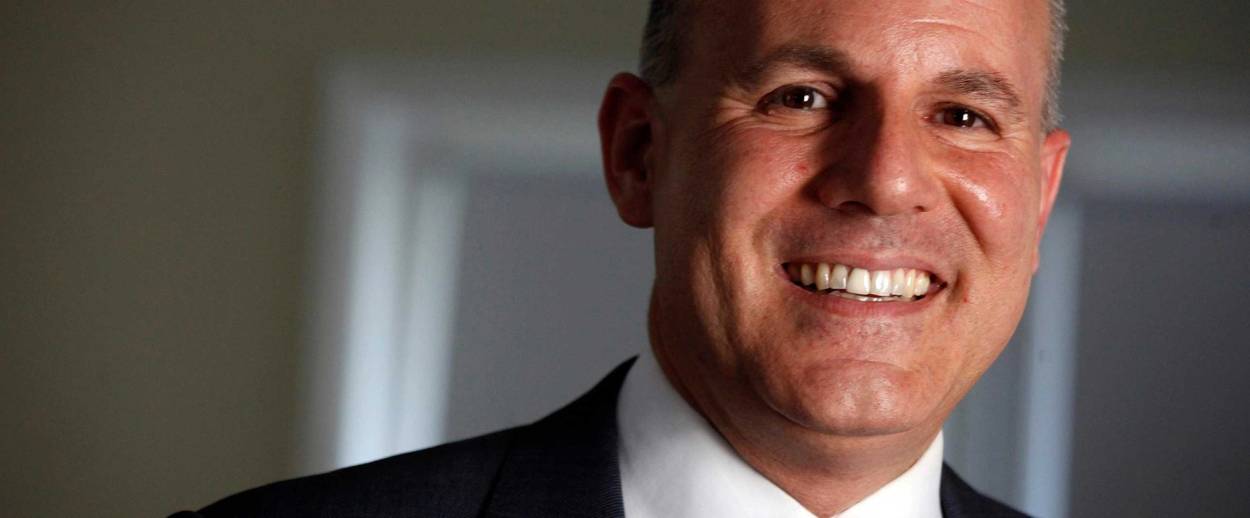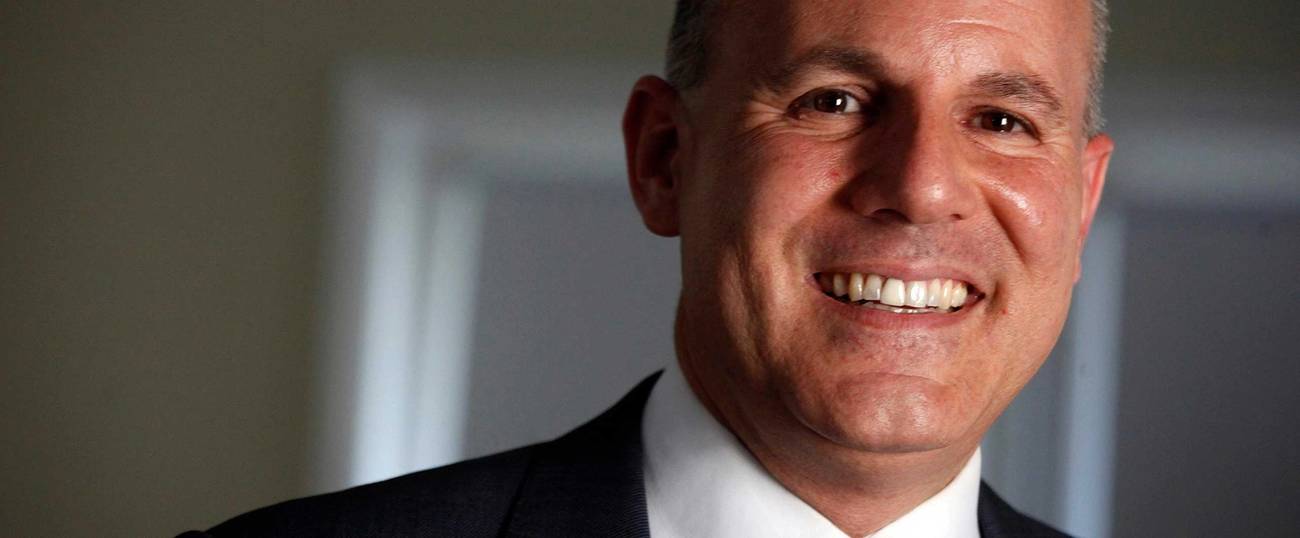The United States finally has a new anti-Semitism envoy. On Feb. 5, the Jewish Telegraphic Agency reported that Elan Carr will become the State Department’s sole diplomat charged with addressing anti-Semitism. Despite the spike in anti-Semitism in the U.S. and the growing concerns of Jews in the U.S. and around the world, Carr is stepping into a job that’s remained vacant for the entirety of President Donald Trump’s administration.
Trump has made an intriguing choice for bringing about a welcome, if belated, change in course. Carr, 50, is of Iraqi Jewish descent and grew up speaking both Arabic and Hebrew. He joined the U.S. Army and deployed to Iraq during the initial invasion in 2003 serving as an anti-terrorism officer and as a judge advocate, the equivalent of a military lawyer in the army’s judicial branch. The deployment brought him back to the country where his grandfather had been a leader in what was once a large and vital Jewish community in Baghdad. During a series of persecutions that followed the founding of the State of Israel, the new anti-Semitism czar’s grandfather stood trial in 1948 and was sentenced to five years imprisonment. Returning to Iraq as an American army officer, Carr led a menorah lighting at one of Saddam Hussein’s former palaces.
Following his service in the army, Carr, who grew up in New York, took a job in the Los Angeles County Deputy District Attorney’s Office, as a criminal gang prosecutor. He’s been the international president of the Jewish fraternity Alpha Epsilon Pi, and ran for Congress in California in 2014, winning a creditable 40 percent of the vote in the course of losing to Ted Liu.
The former U.S. Army lawyer and Iraq War veteran will have plenty to keep him busy. There is, to start: the mainstreaming of right and left political extremism in Europe; the official anti-Semitism espoused by the Prime Minister of Malaysia, the Turkish President Recep Tayyip Erdogan, and by Iran and its various proxy groups, and making matters even more convoluted and difficult, there is the political battle over the definition of anti-Semitism. The very nature of the phenomena Carr will be combating is a matter of global political controversy these days, as the British Labour Party’s still-simmering fight over whether to adopt the International Holocaust Remembrance Alliance definition of anti-Semitism demonstrated. In the U.S., as well, the government’s conception of anti-Semitism has sparked debate, as when the Trump administration moved toward applying the State Department definition of anti-Semitism to incidents on college campuses. Fighting BDS or anti-Zionism might fall within the envoy’s mandate, which could make Carr’s position more fraught than his predecessors’.
For the time being, it will be a source of relief that the U.S. even has an anti-Semitism envoy. The position’s vacancy brought together two of Trump’s more disquieting leadership tendencies: An obliviousness bordering on tolerance toward politically useful sources of bigotry in American society, and a glaring lack of interest in the basic mechanisms of governance. The former was epitomized in Trump’s evenhanded response to white nationalist-sparked violence in Charlottesville, Virginia; the latter through the administration’s long-standing refusal to staff most of the undersecretary positions at the State Department. In leaving the anti-Semitism post unfilled, Trump seemed to signal his lack of interest in both addressing bigotry and presiding over a functioning federal government. Perhaps as a result, Jewish groups and lawmakers made filling the position a priority. In January, the House of Representatives passed a bill setting a deadline for the appointment of an anti-Semitism envoy and elevating the position to an ambassadorship, a measure that 72 Jewish groups backed in a statement late last year.
Carr has a compelling personal story, along with a diverse record in both public service and Jewish communal affairs. He’ll be working an increasingly complex and urgent diplomatic beat on behalf of an administration whose commitment to the underlying principles of his new office were often in question. Fighting anti-Semitism might also mean pushing against governments with which the Trump administration has attempted to foster closer relations: Hungary’s Viktor Orban, for instance, is a Trump and Israel-friendly autocratic populist whose World War II revisionism and campaign against George Soros have unsettled many of his country’s Jews. The geopolitics of anti-Semitism, and the job of the U.S.’s anti-Semitism envoy are even less straightforward than usual.
Like this article? Sign up for our Daily Digest to get Tablet Magazine’s new content in your inbox each morning.

